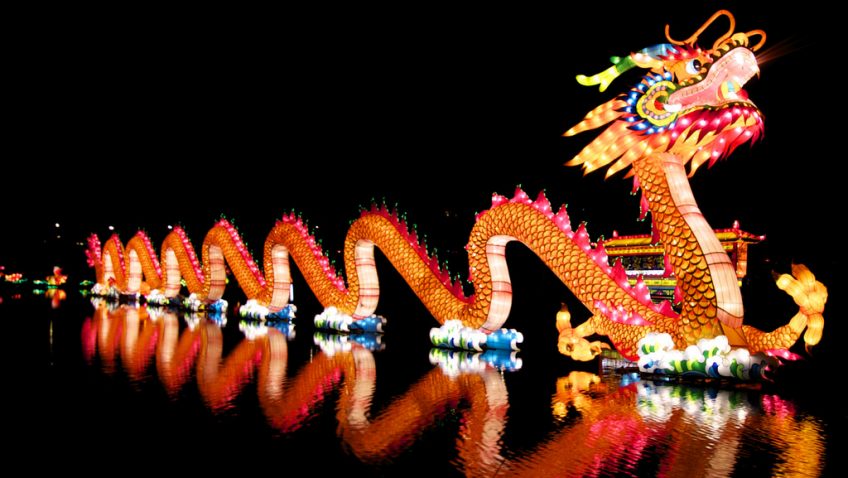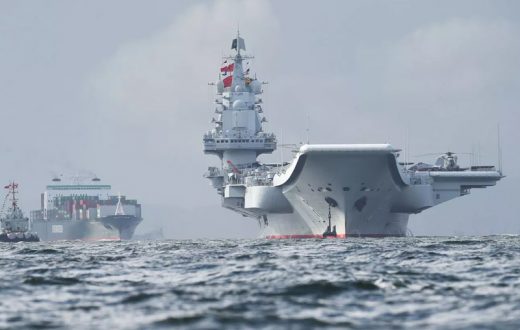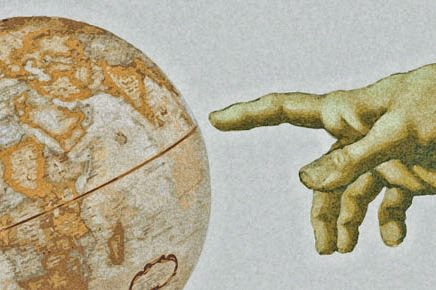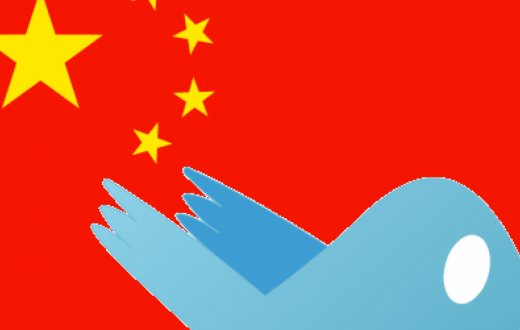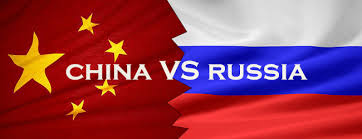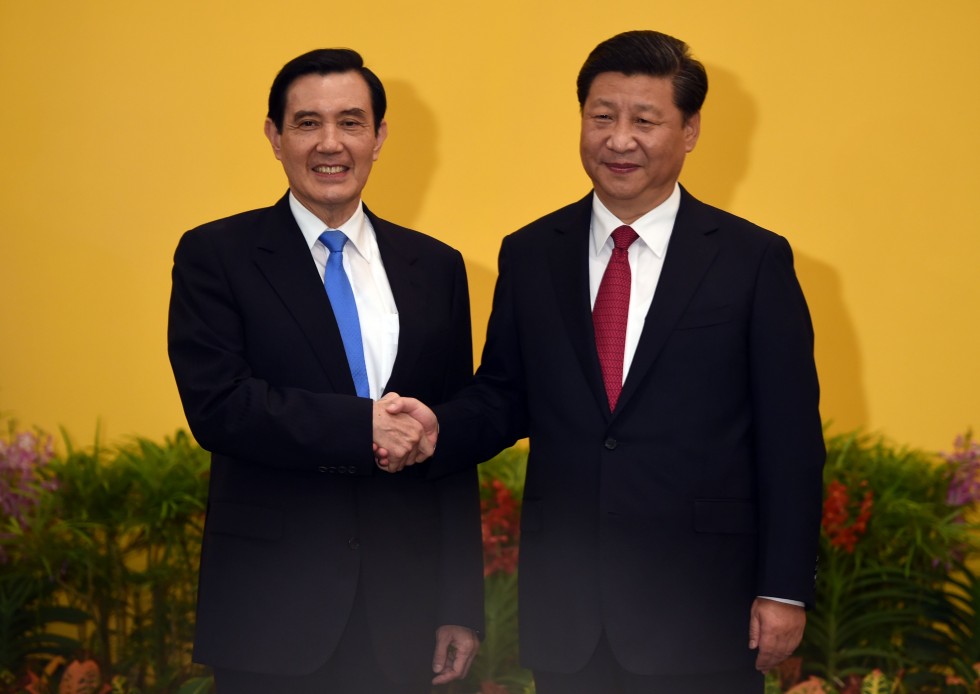The Chinese character for “alone” is 单独 (Dandu), the same as that for “lonely.” In Chinese culture, it is hard to differentiate between the two meanings. There are two factions in People’s Congress to interpret it in their own way. But world is in great confusion to decide which side this camel will sit. Besides, after four decades of economic development, this country now has a complete set of supply chains and its dependence on foreign (especially trade) has fallen in the past decade. In addition, China will boast the largest domestic market in a few years. In this sense, China can rely on itself to develop without much input from the outside world.
A huge section of masses also want China to return to its past isolation phase. It includes peasants, traders, local manufacturers as well as hardcore nationalists who believed Chinese politics and culture as superior to other ones. Other portions will look forward for further expansion, but in scattered way else not to focus on one big market.
These thoughts are growing in Chinese minds, due to revisionist policies taken by Xi Jinping in military development as done in Ming China in 1434 AD. It benefited them heavily then, and still believes it will work. It’s in the past of China that whenever China strengthened their position among possible contenders, it follows isolationist policy and revises its own market and governance to bring Confucian order back.
China recorded the highest share in world exports (17 %), followed by EU and USA. Interesting thing here is that Beijing exports maximum to the second and third highest in the same list but devoid of it, these two’s won’t have much share in exports to China. Also, on contrary to it, Chinese holding on international trade share fell in 2017 and 2018 especially with US and EU both.
From last decade, it was shown that China is taking U-turn from its opening contract with US in 1970 as they retrieve back from every single possible regulation from international foray except trade and commerce. Here, they raise iron curtain of import duties as a shield to protect them from international separation. China, now a days, putting itself forward for the contention of national interests and strategic foothold over key institutional divergences laid by it in early 2000’s. Chinese President Xi Jinping is now diverging trade destinations to second tier or third tier countries by focusing individual nation as a stakeholder in common minimum program launched by him in 2012. It dictates them to kingpin China by cadence of neighbors.
In cyber world, according to a survey published by the German Chamber of Commerce in China in September last year, factors such as the escalating cyber censorship, slow internet connection when one is visiting foreign websites and the lack of intellectual property protection are discouraging German companies from investing in this country. Not only Germans, same type of assessment reports are coming from USA, Canada and Europe regarding Chinese hurdles for free flow of information. It is indeed mind-boggling why China’s leaders are turning their country into an isolated island as far as information is concerned, considering that Beijing has actually benefited a lot from globalization and the information superhighway. Chinese tech giants like Alibaba, Tencent and Huawei benefitted a lot from global market when it come to share, market penetration, trust margins and investors. While China has maintained a firm grip on the cyber world, netizens in the mainland still manage to gain access to highly popular but banned foreign websites such as YouTube and Facebook by using software and apps such as the Virtual Private Network (VPN).
Frankly speaking Chinese decisions are directly linked with party reforms in politics and their response from outer world. Chinese are very sensitive about what world thinks for them. China’s new leadership was not interested in autarchy outside but believes it inside. US led markets, world system, and world order is now an irk in the eye! for Chinese. Here, their leadership will go for two stances:
First, to deepen reform and build an open economy and liberal society, the West will welcome a rising China and integrate China into the current international order, which means China will remain open.
Second, the opposite choice, the West will be disappointed and will move forward to contain China. Being contained, China would have no choice but to retreat into isolation.
As the steps taken slowly by Chinese leadership, it is now believed by several columnists that China is paving their footsteps towards isolation and not even matter for them what international foray decide about contention of China because till the end of next decade, China will sufficiently hold multi developing nations in its basket, for their needs and deeds. Hence, avoiding unlikely and staying within own sphere, pays them much in comparison to listen and engage with everyone.
Also, what was called the Middle Empire, is not in favour of full seclusion policy, either selective or nominative seclusion is on the desk of policy decision makers which provides them edge in profits and reduce dependencies on unworthy clients. It’s a spiral of seclusion; where West and others will roll while China hinges at centre to furl its pro reform agenda in cradle.
One can assert here, is that post 1970 Chinese engagement policy with world fails, but reality is that what China needs from them is fulfilled. The greatest danger now is that the China, is now sinicizing ‘carrot and stick’ policy of West for their benefits by throwing carrot out and picks up the stick instead. World system should take care of this pendulum as it will be soon pose grave dangers to the idea of global village.
“Be chary about DRAGON, otherwise it will become KRAKEN for world order.”

